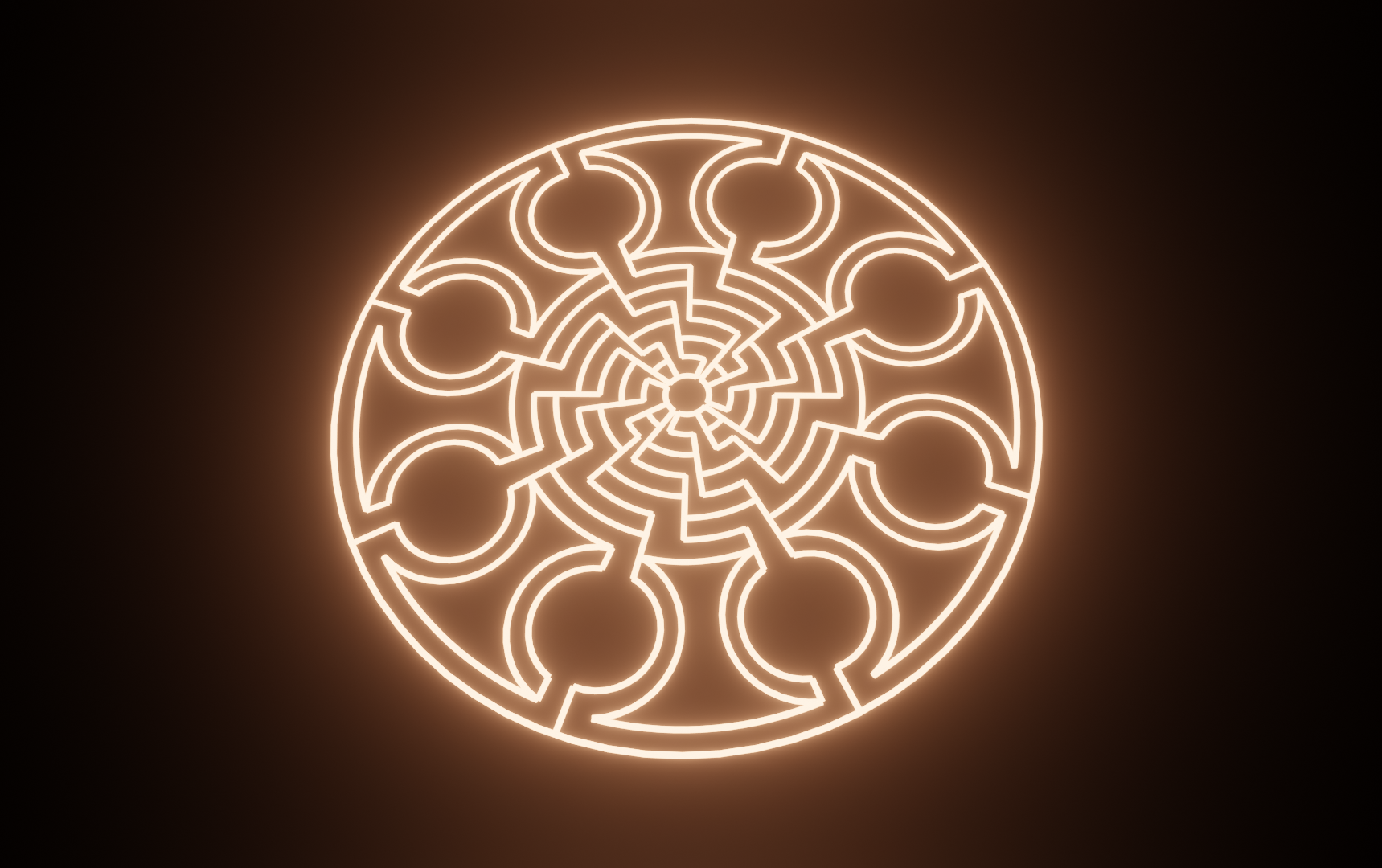
If you are 18 or over, then you may take these three steps to discover your personality type according to Analytical Psychology (AP’s) type-theory of personality:
1. Create a Personal Membership Account
2. Complete The Personality Mandala Type Indicator
3. Complete the Anonymous Demographic Research Questionnaire.
The Personality Mandala (TPM) is a privately-owned project which does independent research into Analytical Psychology (AP's) type-theory of personality.
The Personality Mandala (TPM) Name, Diagram, Type Indicator, Type Calculation, Type Names, Type Descriptions, Anonymous Demographic Research Questionnaire and Learning Lounge Content are all Copyright © SCPublishing 2023.
You may use The Personality Mandala (TPM) Research Project for personal development only. You may not copy, download, alter, translate, store, distribute, trade, teach or do research with any aspect of the Project.
Analytical Psychology (AP) says that personality emerges from the way that the human mind functions. The mind has a limited number of essential functions and a limited number of ways of combining those functions. As a result, only a limited number of personality types can emerge from the functioning of the human mind.
A type-theory of personality says that only a limited number of types of people exist but the way those types express themselves could be unlimited. As a result, a large number of people should belong to each of the types but none of those people should be identical.
Swiss psychiatrist Carl Jung and Swiss psychologist Emma Rauschenbach co-founded Analytical Psychology (AP) in Switzerland during the first-half of the twentieth century.
The Personality Mandala (TPM) Type Indicator presents you with a series of Descriptions of personality-driven behaviour. You should assess each Description according to how little or how much of yourself you can recognise in that Description. After you have submitted your Assessments, the Website shall produce an Indication of your personality type according to Analytical Psychology (AP's) type-theory of personality.
To receive a Type Indication, you should create a Personal Account; complete the Type Indicator; and then complete the Demographic Research Questionnaire.
Why should you create a Personal Membership Account?
To protect the validity of the demographic information on the Database, the Research Project has to manage how all participants use the Website. Each participant should have only one Type Indication and one complete set of Anonymous Demographic Responses on the Site at any time. As a result, the Research Project asks all participants to create a Personal Membership Account before they complete the Indicator and the Questionnaire or use the Website's Learning Lounge.
How do you complete the Type Indicator?
The Personality Mandala (TPM) Type Indicator presents you with 144 Descriptions of personality-driven behaviour in three Parts. You should interpret and assess those Descriptions using the instructions you shall find at the start of each of those Parts.
Why should you complete a Demographic Questionnaire?
Instead of asking you to pay for your Type Indication, the Research Project would prefer you to contribute your Demographic Information anonymously. By contributing your Demographic Information, you shall enable the Project to do independent research into Analytical Psychology (AP's) type-theory of personality.
The other theories of personality include trait-, biological-, and social-theories.
A trait-theory of personality says that all people have similar behavioural characteristics. The degree to which individuals express those characteristics determines their adult personality.
A biological-theory of personality says that all human behaviour is the result of how the human brain functions. The type of chemicals in the human brain affect how the brain develops, and so neurochemicals determine an individual's personality.
A social-theory of personality says that all human beings are born into unique early-learning environments. The quality of attention which children receive during their early-learning years determines their adult personality.
The word "mandala" comes from a Sanskrit word meaning "circle". Some Hindus and Buddhists use mandalas as part of their religious practice. Some of these practitioners also use mandalas to meditate. The discipline of meditation teaches these devotees how to become more physically and mentally aware.
THE PERSONALITY MANDALA © SCPUBLISHING | 2023 | ALL RIGHTS RESERVED